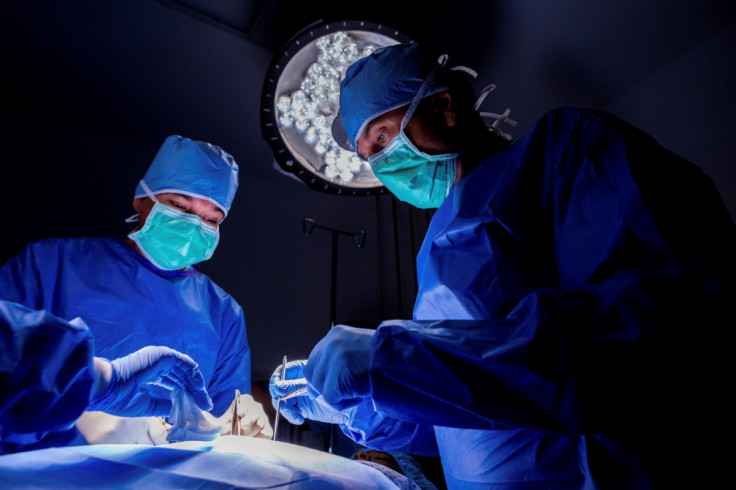Breast cancer: 43% of women unaware of reconstructive surgery risks
Breast reconstruction can boost body image but it does carry some risks.

For many women diagnosed with breast cancer, first-line treatment usually amounts to a removal of the breast – or mastectomy.
Reconstructive surgery is possible and can be a way to improve these women's quality of life and body image. However, such a procedure carries risks, which are not always well understood by patients.
In a new study published in the journal JAMA Surgery, scientists show that 43% of women will not make a well-informed decision when it comes to breast reconstruction.
"Previous studies had already suggested some problems with decision making. Rates of reconstruction vary enormously depending on where you live, your age and ethnic group, all of which suggests that patients and surgeons may not be making the choice based on what women prefer but based on other factors", study lead investigator Clara Lee, breast reconstructive surgeon at Ohio State University Comprehensive Cancer Center, told IBTimes UK.
Knowing the risks
With her team, Lee enrolled 126 women diagnosed with breast cancer, who were about to undergo mastectomy. The participants were asked to respond to a survey with questions about their demographics, their knowledge regarding breast reconstruction, their preferences and their body image.
Only 43% of the participants showed an understanding of at least half of the important facts about reconstruction and made a choice that was consistent with their preferences.
Furthermore, women's understanding of surgical complications appeared to be particularly low, with only about 14% of patients showing they had a strong knowledge of associated risks.
These results suggest that decisions about breast reconstruction after mastectomy could be improved – but uncertainties remain about how this can be done.
"Patients can choose to inform themselves as much as possible but it is not always clear what information is reliable and what is not. Ultimately the responsibility for making sure patients make informed decisions rests on surgeons and clinicians who work with these women", Lee pointed out.
"On the other hand there is only so much time in a consultation. So it's important to also use decision aids – such as video or paper documentation – that improve knowledge but also encourage women to think about what is important for them and what questions they should raise with their doctors".
Making sure women access the psychological support they need – regardless of whether they choose the path of breast reconstruction or if they prefer to wear a prosthesis – is crucial.
"For some women breast reconstruction is going to be very important to boost their body image but other women are fine with wearing a prosthesis and they should be supported in this decision. More and more clinics are emphasising the survivorship aspect of breast cancer and offering psychological aspect - this is a positive development", Lee concluded.
© Copyright IBTimes 2024. All rights reserved.







